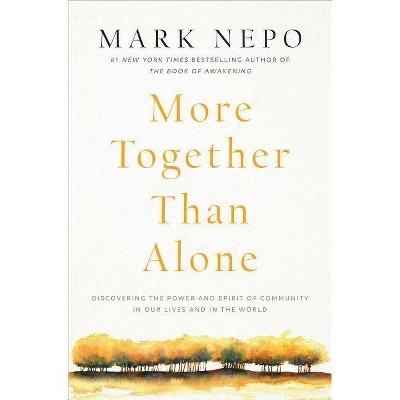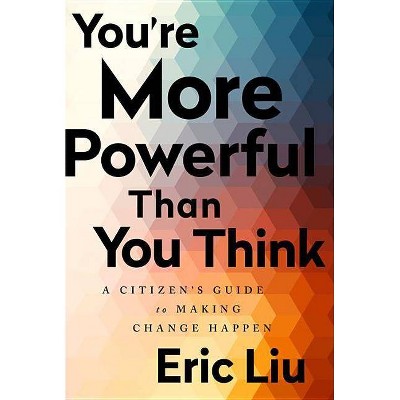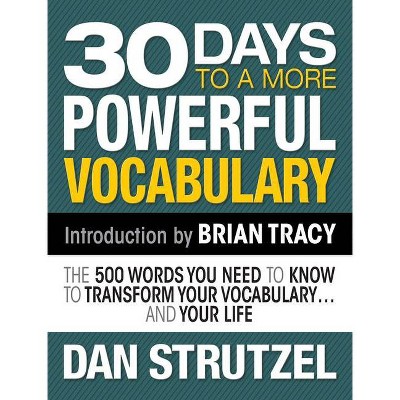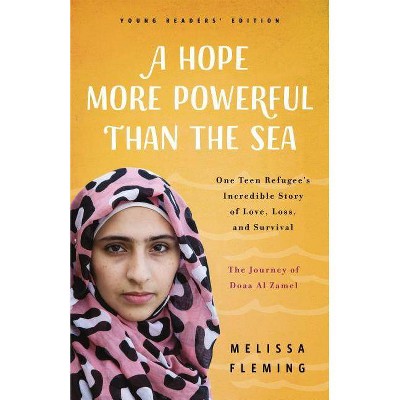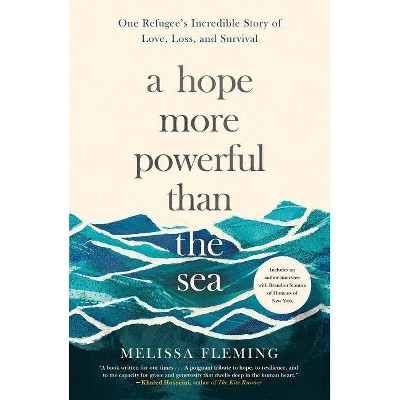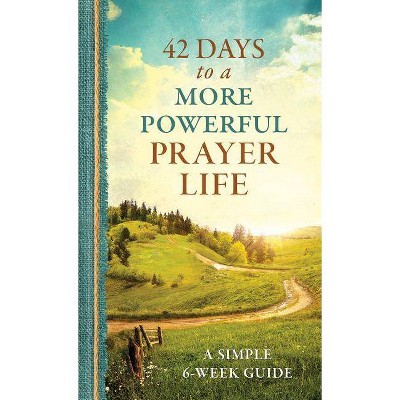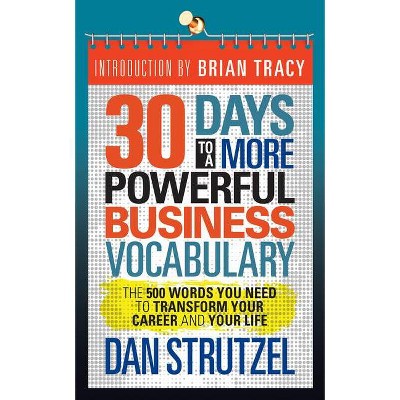More Powerful Together - by Jen Gobby (Paperback)
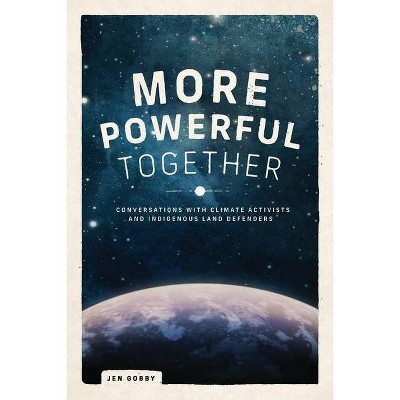
Similar Products
Products of same category from the store
AllProduct info
<p/><br></br><p><b> About the Book </b></p></br></br>"How can social movements help bring about large-scale systems change? This is the question Jen Gobby sets out to answer in More Powerful Together. As an activist, Gobby has been actively involved with climate justice, anti-pipeline, and Indigenous land defense movements in Canada for many years. As a researcher, she has sat down with folks from these movements and asked them to reflect on their experiences with movement building. Bringing their incredibly poignant insights into dialogue with scholarly and activist literature on transformation, Gobby weaves together a powerful story about how change happens. In reflecting on what's working and what's not working in these movements, taking inventory of the obstacles hindering efforts, and imagining the strategies for building a powerful movement of movements, a common theme emerges: relationships are crucial to building movements strong enough to transform systems. Indigenous scholarship, ecological principles, and activist reflections all converge on the insight that the means and ends of radical transformation is in forging relationships of equality and reciprocity with each other and with the land. It is through this, Gobby argues, that we become more powerful together."--<p/><br></br><p><b> Book Synopsis </b></p></br></br>How can social movements help bring about large-scale systems change? This is the question Jen Gobby sets out to answer in More Powerful Together. As an activist, Gobby has been actively involved with climate justice, anti-pipeline, and Indigenous land defense movements in Canada for many years. As a researcher, she has sat down with folks from these movements and asked them to reflect on their experiences with movement building. Bringing their incredibly poignant insights into dialogue with scholarly and activist literature on transformation, Gobby weaves together a powerful story about how change happens. <p/>In reflecting on what's working and what's not working in these movements, taking inventory of the obstacles hindering efforts, and imagining the strategies for building a powerful movement of movements, a common theme emerges: relationships are crucial to building movements strong enough to transform systems. Indigenous scholarship, ecological principles, and activist reflections all converge on the insight that the means and ends of radical transformation is in forging relationships of equality and reciprocity with each other and with the land. <p/>It is through this, Gobby argues, that we become more powerful together. <p/>100% of the royalties made from the sales of this book are being donated to Indigenous Climate Action www.indigenousclimateaction.com<p/><br></br><p><b> About the Author </b></p></br></br>Jen Gobby is an activist-scholar based in Tio'tia: ke (Montreal). She is founder of the MudGirls Natural Building Collective, organizes with Climate Justice Montreal, completed her Ph.D at McGill, and is now post doctorate fellow at Concordia University.
Price History
Price Archive shows prices from various stores, lets you see history and find the cheapest. There is no actual sale on the website. For all support, inquiry and suggestion messagescommunication@pricearchive.us
